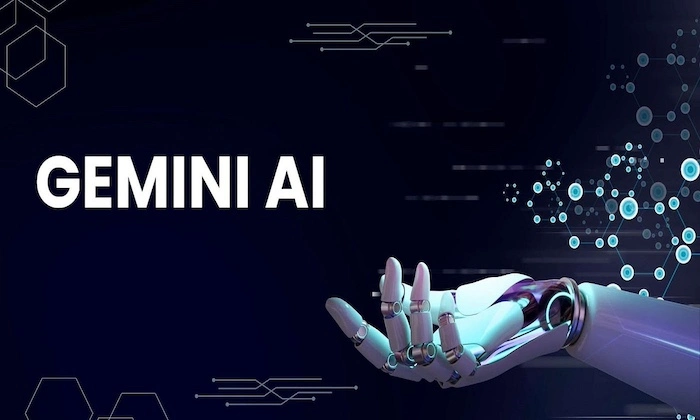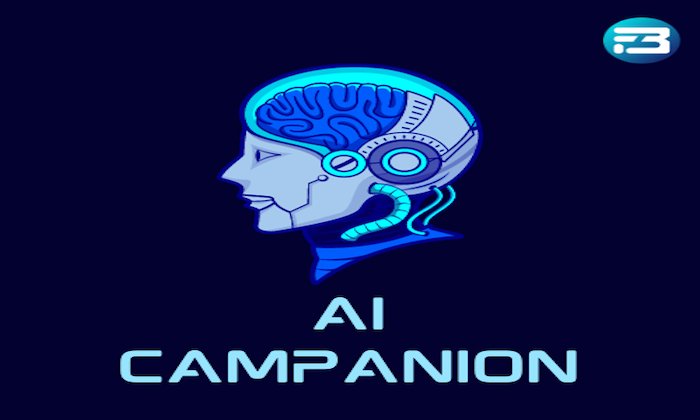What factors influence the pricing of AI data collection and annotation projects?
Data Annotation
AI Projects
Machine Learning
Understanding the pricing intricacies of AI data collection and annotation projects is crucial for AI engineers, researchers, and product managers seeking to optimize their data strategies. These projects are pivotal in AI development, with the quality and diversity of data significantly influencing model performance. Here's a comprehensive breakdown of the factors that shape pricing in these projects.
Project Complexity and Scope
The complexity and scope of a project are primary determinants of its cost. Different data types, be it speech, text, images or multimodal datasets pose unique challenges that can influence pricing. For instance, speech data collection might necessitate varied audio environments and diverse speaker profiles, whereas image data could require specific lighting and context considerations. Each type demands distinct expertise and resources, impacting the overall cost.
Data Quality and Annotation Requirements
High-quality data is essential for training robust AI models, and achieving this quality often incurs additional costs. Projects that require rigorous quality assurance (QA) processes, such as multiple review rounds, typically involve higher fees. The level of detail in annotation also plays a role; simple tasks like transcription are less costly than complex ones like sentiment analysis or entity recognition, which demand more sophisticated speech annotation methods.
Contributor Diversity and Management
Ensuring a diverse pool of contributors enhances dataset quality but requires significant recruitment and management resources. Projects aiming for representation across various demographics, languages, and accents involve extensive contributor management, impacting costs. FutureBeeAI's platform, Yugo, facilitates efficient contributor recruitment and management, ensuring ethical standards like fair compensation and informed consent, but this infrastructure involves additional investment.
Timeline and Urgency
The project's timeline is another critical pricing factor. Urgent projects necessitating rapid delivery often come at a premium due to the need for accelerated processes. Conversely, projects with longer durations might benefit from cost efficiencies, allowing for more thorough data collection and QA processes. Balancing speed and thoroughness is essential to meet both client expectations and budgetary constraints.
Compliance and Ethical Standards
Adhering to legal frameworks such as GDPR or CCPA adds layers of complexity and potential cost. Ensuring compliant data collection and annotation processes requires additional oversight, documentation, and technical solutions for tracking consent and data provenance. Projects that prioritize ethical sourcing and compliance may have higher upfront costs but mitigate risks associated with non-compliance.
Customization vs. Off-the-Shelf Data Solutions
Pricing also varies based on whether clients choose custom data solutions or off-the-shelf datasets. Custom datasets, tailored to specific needs, entail more extensive planning and execution, leading to higher costs. In contrast, pre-curated datasets can be more cost-effective but may not meet all project-specific requirements. Evaluating the trade-offs between customization and standardization is vital for aligning with budgetary constraints while achieving desired outcomes.
Geographic and Language Considerations
Projects seeking global representation often incur additional costs related to recruiting contributors from diverse regions, managing multiple languages, and ensuring cultural context in the data. This is particularly important in applications like speech recognition, where accent and dialect variations are critical for model accuracy.
Final Thoughts on Pricing Dynamics in AI Data Projects
In summary, the pricing of AI data collection and annotation projects is influenced by multiple factors, including project complexity, data quality requirements, contributor management, compliance needs, and the choice between custom and off-the-shelf solutions. By understanding these variables, AI companies can make informed decisions that align with their project goals and budgetary constraints. FutureBeeAI stands out by offering comprehensive data collection and annotation solutions, leveraging our platform Yugo and a global network of contributors to ensure high-quality, diverse, and ethically sourced datasets.
What Else Do People Ask?
Related AI Articles
Browse Matching Datasets
Acquiring high-quality AI datasets has never been easier!!!
Get in touch with our AI data expert now!








